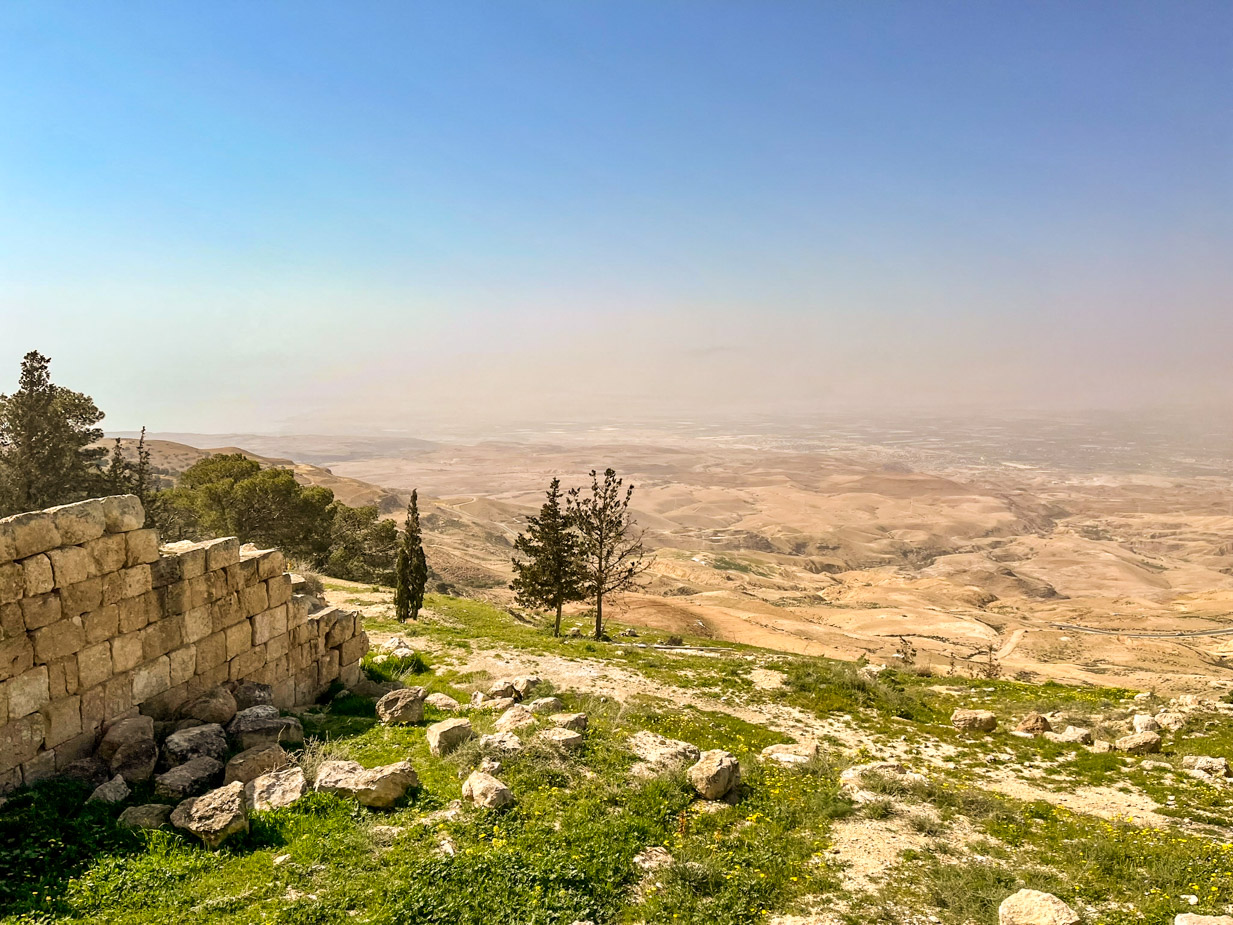

 ©Michael Player
©Michael Player
Chapter 10:1-8 (ESV) - While Ezra prayed and made confession, weeping and casting himself down before the house of God, a very great assembly of men, women, and children, gathered to him out of Israel, for the people wept bitterly. And Shecaniah the son of Jehiel, of the sons of Elam, addressed Ezra: “We have broken faith with our God and have married foreign women from the peoples of the land, but even now there is hope for Israel in spite of this. Therefore let us make a covenant with our God to put away all these wives and their children, according to the counsel of my lord and of those who tremble at the commandment of our God, and let it be done according to the Law. Arise, for it is your task, and we are with you; be strong and do it.” Then Ezra arose and made the leading priests and Levites and all Israel take an oath that they would do as had been said. So they took the oath.
Then Ezra withdrew from before the house of God and went to the chamber of Jehohanan the son of Eliashib, where he spent the night, neither eating bread nor drinking water, for he was mourning over the faithlessness of the exiles. And a proclamation was made throughout Judah and Jerusalem to all the returned exiles that they should assemble at Jerusalem, and that if anyone did not come within three days, by order of the officials and the elders all his property should be forfeited, and he himself banned from the congregation of the exiles.
Question to consider: Why would the Israelite men decide to divorce their wives?
Whenever we read scripture, we should do our best to understand and receive the text as its intended audience and not insert our modern understandings. Often in the US, people will attempt to hold onto their heritage and traditions from other countries and hyphenate their citizenship: Irish-American, Italian-American, African-American, etc. One of the reasons we can do this is because our citizenship is not based on the worship of other gods, and in fact many come from a country that has been heavily influenced by the church. So we may hold on to family recipes or holiday traditions passed down through generations, but all of it is generally cultural in nature. This is not what was happening here.
The people confessed it plainly to Ezra, “We have broken faith with our God and have married foreign women from the peoples of the land.” (emphasis mine) If their wives had been baptized of their Gentile uncleanness and came into covenant with the God of Israel, Ezra would not have been throwing himself on the ground in grief. The husbands allowed their wives to continue in their idolatry, and Ezra basically gave them the ultimatum to turn to God or go back to their nations.
The response was that the husbands confessed that they had done wrong and agreed to annul their marriages and send their wives and kids back to their home nations. In the Old Testament, the Law solution gets expressed, but God’s mercy is always implied. This was the whole issue with Jonah. God commanded him to go to Nineveh and express Law to them, “40 days more, and Nineveh will be overturned.” Jonah knew that implied in this expression was God’s mercy to those who repented, and he took off in the opposite direction. In case you don’t believe me, he said, “O Lord, is not this what I said when I was yet in my country? That is why I made haste to flee to Tarshish; for I knew that you are a gracious God and merciful, slow to anger and abounding in steadfast love, and relenting from disaster.” (Jonah 4:2)
Ezra gave them three days to assemble. This was not just for the sake of travel time, but for these wives to decide where their allegiance lay. This would be similar to Naomi telling Ruth and Orpah to stay in Moab where they could find husbands and live out their days. She was introducing them to the God of Israel but wanted them to know that in worshiping Him, they had to weigh the possibility that they may not be able to find a husband and have children. If these wives went back to their nations, they would be able to raise their children and find other husbands, but if they wanted to stay in Israel, Ezra was telling them they had to forsake their idols. In this, they would “let it be done according to the Law.”
Another thing that seems foreign to us is the lack of absolution. When we confess our sins in the church, the pastor always offers absolution because they have been assigned that responsibility by Christ. Ezra was an expert in the Law and its application. Atonement would come by way of the priests after they repented of their sin and offered sacrifices. Our absolution comes by way of the sacrifice that was already given for us on the cross. So if Ezra seems harsh to you, it is because he was doing his job to apply the Law to the situation.
Dear heavenly Father, thank You for giving us absolution through the sacrifice of Christ so that we may receive Your grace and forgiveness. Help us to receive it with joy and share it with others. Amen.